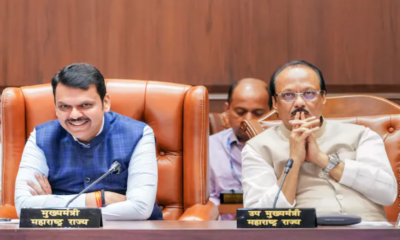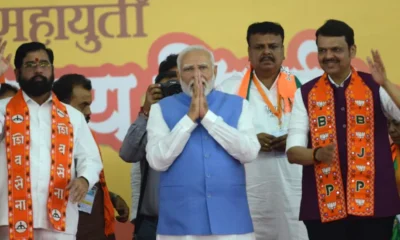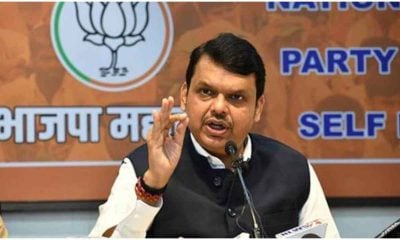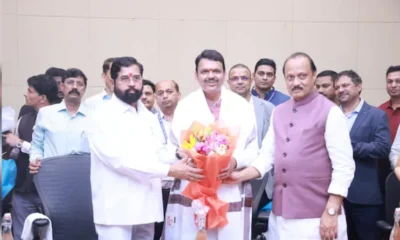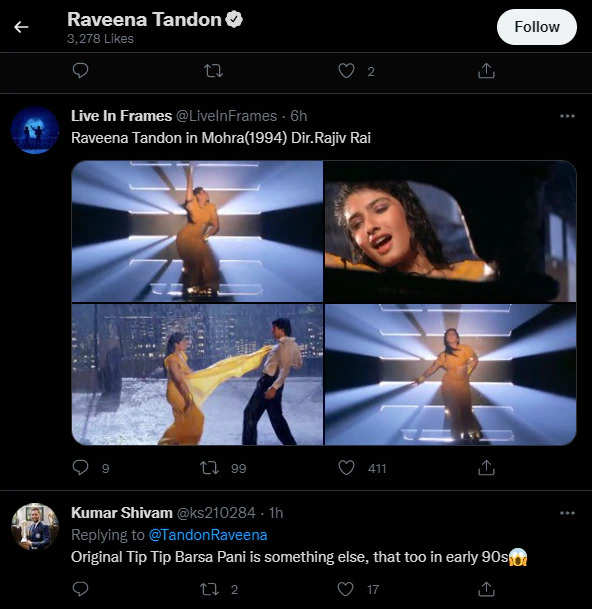News Story
Plastic ban in Maharashtra comes into force, Rs 25,000 fine, 3 months jail for repeat offenders

Featured
Ensure nutrition supplement ad wins hearts, Tweeple say video taught them a lot | WATCH
In this era of ads where some advertisements are really praised for their inclusivity while the others are being criticised, Ensure (an American brand of nutritional supplements) have also come up with a very heart touching advertisement in this festive season.
Bollywood news
Tip Tip Barsa Paani: Raveena Tandon or Katrina Kaif? Mohra star likes tweets hailing original song
Apart from the movie’s plot, Sooryavanshi is ruling the hearts of the audience with its peppy songs. Recently, the makers have dropped the remake of the iconic 90s song Tip Tip Barsa Paani that has been recreated by Katrina and Akshay.
Cinema news & gossip
Bheemla Nayak’s latest song out: Pawan Kalyan’s new power look in the lungi
Finally the wait is over, after a long time this new song Lala Bheemla has been released today. It is debuted by the filmmakers of the upcoming film Bheemla Nayak, which stars superstar Pawan Kalyan.
-

 India News21 hours ago
India News21 hours agoDMK leader’s son arrested after car rams family in Krishnagiri, one dead
-

 India News20 hours ago
India News20 hours agoRSS chief backs nationwide rollout of Uniform Civil Code, cites Uttarakhand model
-

 India News11 hours ago
India News11 hours agoAs stealth reshapes air combat, India weighs induction of Sukhoi Su-57 jets
-

 Cricket news11 hours ago
Cricket news11 hours agoRinku Singh returns home from T20 World Cup camp due to family emergency
-

 India News10 hours ago
India News10 hours agoTamil Nadu potboiler: Now, Sasikala to launch new party ahead of election



